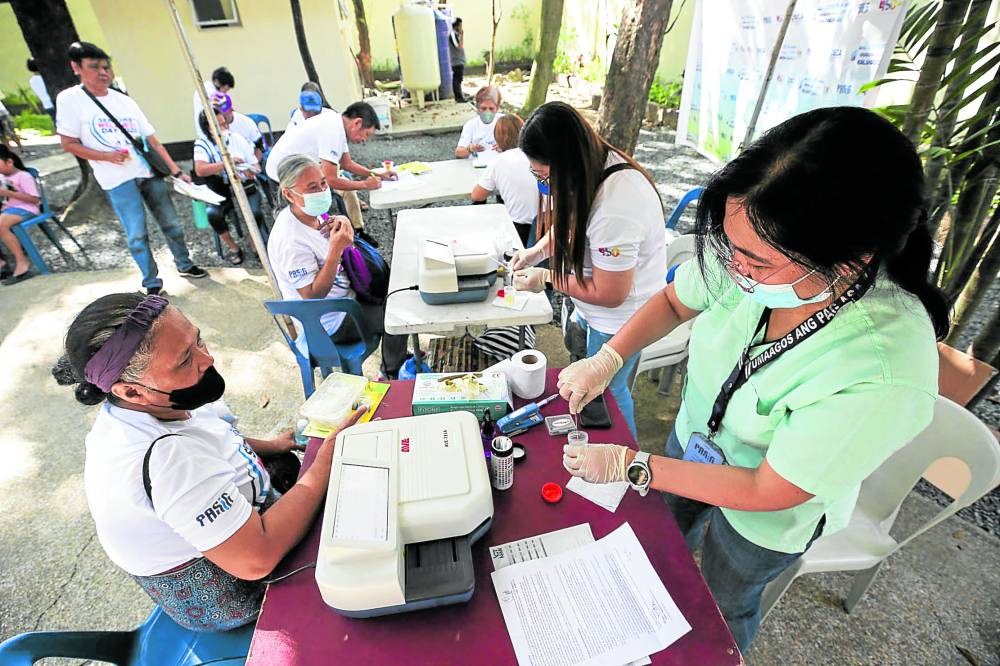Expensive health care feared as hospitals deal with rising costs

The country’s hospitals fear rising labor costs and operating expenses could make health care more expensive.
“Expenses are increasing now,” Philippine Hospital Association president Jose P. Santiago said, noting that these could be attributed to rising costs of utilities, such as water and electricity.“[And you] really have to upgrade your machines and to keep it really compatible with the times … The old machine that you have before? You have to upgrade. And that will be very expensive on our part,” he told reporters last week on the sidelines of the press conference for the Philippine Pharma and Healthcare Expo that will be held at SMX Convention Center on Feb. 14 to Feb. 16.Santiago, whose group is composed of around 2,000 private and government hospitals, noted revenues of private hospitals alone have gone down annually by an average 5 percent to 10 percent since the pandemic hit.
“If your operational costs—such as salaries of workers—go up, the hospital will need to draw it from somewhere. It could mean increasing the rates for laboratory tests, ancillary procedures and accommodations. So health costs should also increase,” he said.
He noted, however, that they were “conservative” in hiking rates so as not to unduly burden patients. “Hopefully, we can come up with a solution in the increasing costs of hospitals.”According to Santiago, health-care professionals choosing to go abroad is still an ever-present problem in the industry. A shortfall in the number of nurses remained in the “thousands,” he added.
“Europe, North America, even in Asia, [as well] as New Zealand and Australia. They are attracting nurses from the Philippines,” he said.He noted local hospitals could not compete with the salary offered by other countries.
“Here, the [monthly] salary is about P30,000 to P35,000. I think in Europe, they are offered P90,000 to P100,000,” he said. Nurses are also provided additional benefits abroad, such as free education, lodging and monetary incentives for the first six months or one year of work, he noted.

















